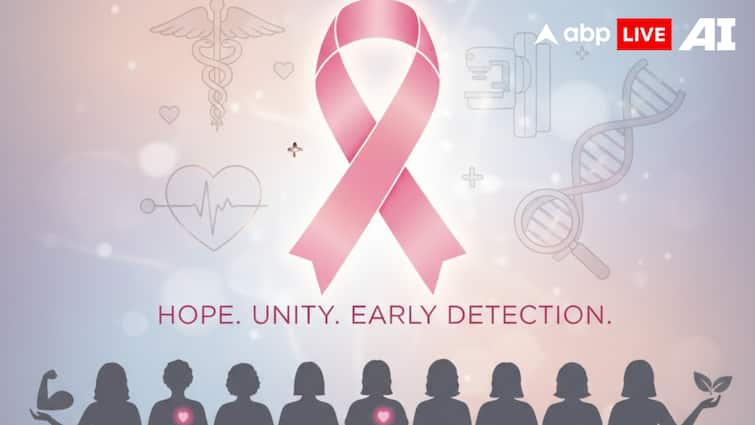{By: Dr. Sewanti Limaye}
When the topic of breast cancer arises, many immediately associate it with heredity and a family history of the disease. While genetics matter, they explain only a small fraction of cases. The truth is that genetic factors account for only a small portion of cases. Approximately 5 to 10 percent of breast cancers are linked to inherited gene mutations like BRCA1 or BRCA2. This highlights a critical fact: over 90 percent of diagnoses happen in individuals without any known family history. The majority of breast cancers emerge sporadically, often influenced by factors unrelated to inherited risk.
This common misconception: that you are safe from breast cancer just because you don’t have a genetic risk. This misplaced confidence can cause individuals to disregard other, more prevalent risk factors, including age, lifestyle choices, hormonal changes, and environmental exposures.
ALSO READ: Male Breast And Prostate Cancer: Why Men’s Cancers Deserve Equal Awareness And Early Detection
The Reality Of Risk
Breast cancer can affect anyone. Aging is one of the strongest risk factor, with the incidence rising sharply after 40. Other contributors include being overweight, physical inactivity, frequent alcohol intake, and having dense breast tissue. These affect the majority of women, not just those with hereditary mutations.
To ensure better outcomes, public awareness needs to shift. We must recognize that regular screening and proactive awareness are crucial for all women, irrespective of their background or family history.
Self-Awareness: Understanding Your Body
A fundamental and highly effective method for early problem detection is to become intimately familiar with your own body. Women must regularly note their breasts’ typical appearance and feel so that any subtle, unusual change can be identified quickly.
For women who still menstruate, the ideal time for a self-examination is a few days after their period ends, when the breasts are least tender or swollen. Postmenopausal women should pick one consistent date each month to establish this important routine. During these self-checks, women should look for new lumps, thickened tissue, dimpling of the skin, variations in shape or size, any nipple discharge, or discomfort that does not resolve.
Detecting these changes early and seeking medical advice promptly can make a crucial difference. When the disease is found early, the necessary treatment is generally less aggressive, and the odds of a complete recovery improve significantly.
Professional Screening: The Vital Next Step
While checking your own body is valuable, self-examinations are not a replacement for professional medical screening. For detecting breast cancer early – often long before symptoms ever appear – mammography remains the most essential tool. Typically, annual routine mammograms are advised beginning at age 40. However, women with elevated risk factors may require an earlier assessment.
Expert-led clinical breast examinations are also essential; they provide a crucial layer of professional analysis that complements the findings from imaging. Each woman should consult with her doctor to create a screening plan tailored to her individual health profile. Regular check-ups ensure that any hidden or developing changes are discovered as soon as possible.
A Call For Universal Awareness And A Shared Commitment
Most women diagnosed with breast cancer have no family history. This simple truth reinforces the need for universal awareness and proactive care. Personal vigilance, combined with timely professional screening and education, offers the greatest probability of early detection and, for the majority of patients, complete recovery.
Promoting breast cancer awareness is more than a public campaign; it represents a shared, collective responsibility. By understanding the risks, staying alert, and prioritizing regular screenings, women everywhere can take the strongest step toward protecting their health and saving lives.
The author, Dr. Sewanti Limaye, is the Director of Medical & Precision Oncology at Sir H. N. Reliance Foundation Hospital & Research Centre in Mumbai.
[Disclaimer: The information provided in the article is shared by experts and is intended for general informational purposes only. It is not a substitute for professional medical advice, diagnosis, or treatment. Always seek the advice of your physician or other qualified healthcare provider with any questions you may have regarding a medical condition.]
Check out below Health Tools-
Calculate The Age Through Age Calculator



